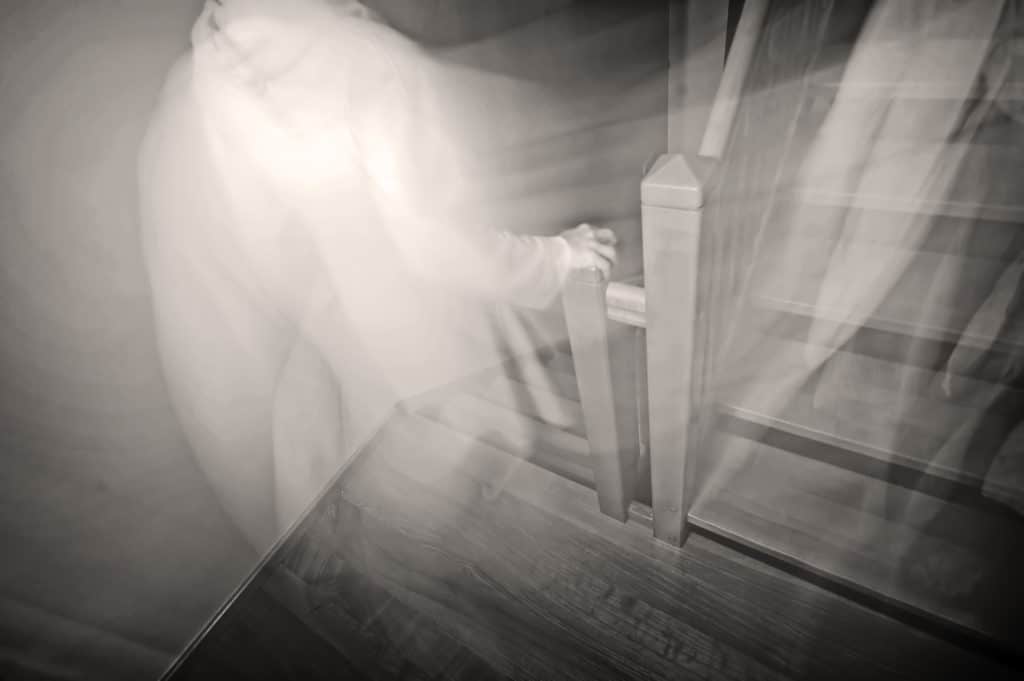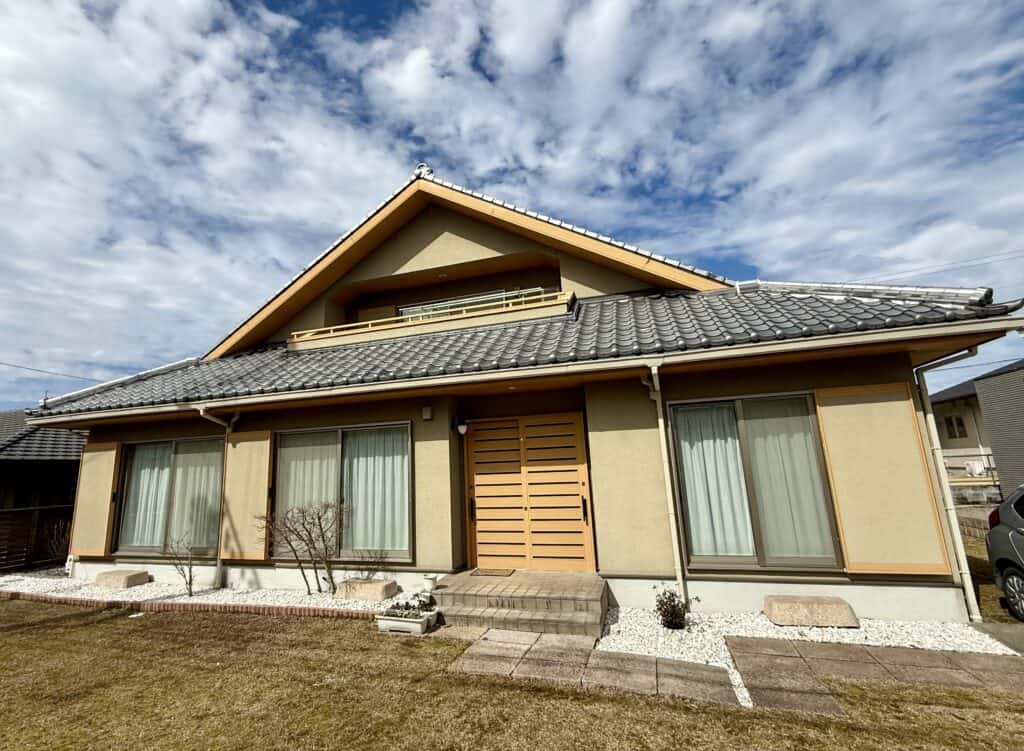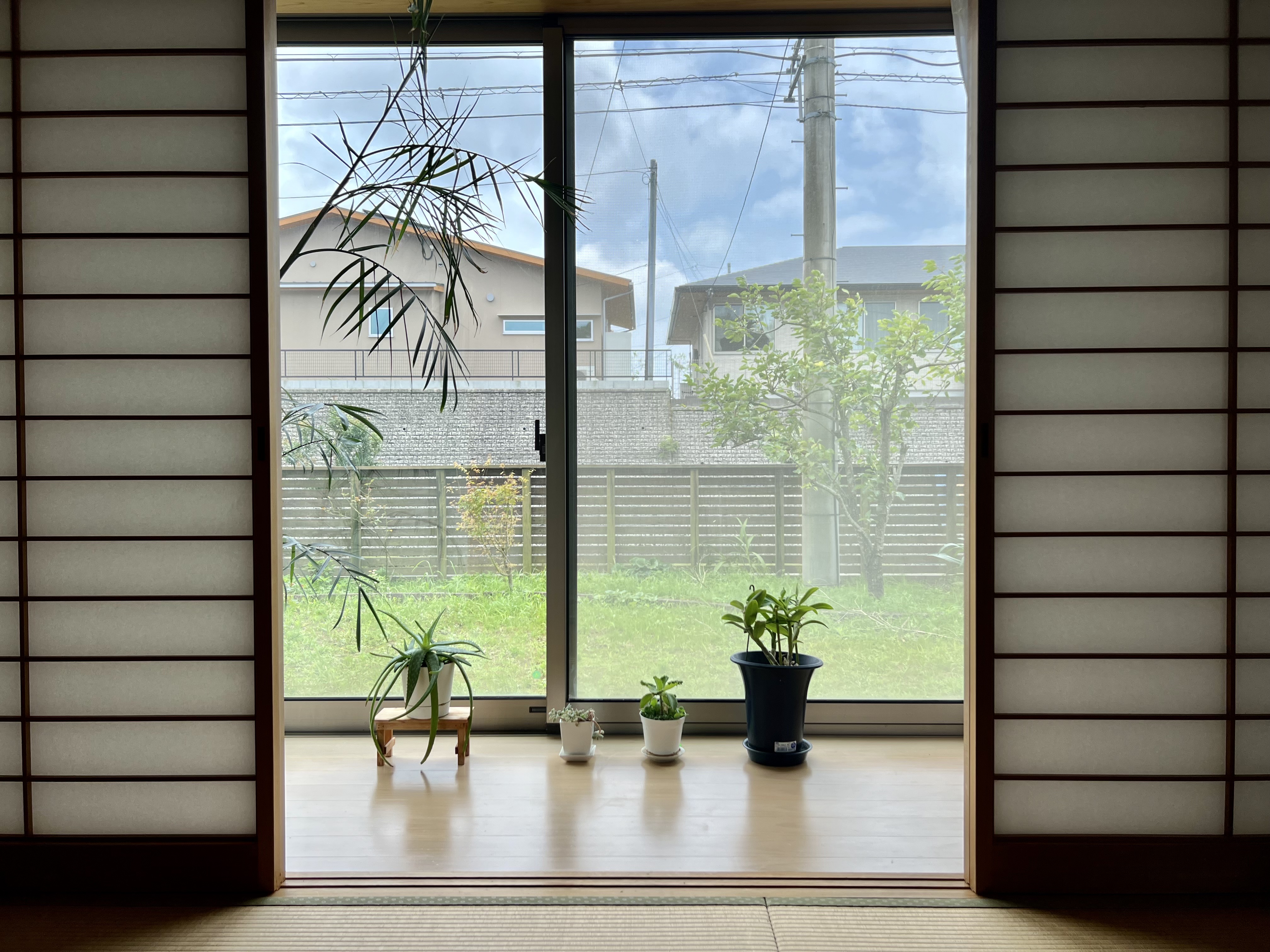No one wants to live with a ghost

There has long been a belief in ghosts and supernatural beings in Japan. You may be familiar with Japan’s Three Great Vengeful Ghosts — Taira no Masakado, Emperor Sutoku, and Sugawara no Michizane — but today’s story is a bit more personal.
It all started with a knock on our door.
Time to move
One evening, our landlord’s real estate woman came to our door and announced without fanfare, “The owner wants you to move out so his son can use the house.”
So what do I do, calm person that I am? I look at my busy spring schedule filled with days away leading tours, and get into a panicky fluster.
House hunting is one of my least favorite things to do. Houses to rent in our city are few and ramshackle at best. Apartments are small and crowded.
I have never considered buying a house as one needs to have a full-time job with a Japanese company to qualify for a mortgage, and I’ve always been a freelancer.
My adult son who lives with me, though, had a different idea. He could get a mortgage and buy a house.
So after having thoroughly explored many narrow lanes leading to the various unpleasant and crowded available housing, I agreed with him that our best option would be to buy land and have a house built. This would take time. Finding a nice piece of land is nearly as difficult as finding a decent house for rent.
We managed to find a few plots we would consider and talked to a nice man at a housing company. We looked at drawings of inexpensive, modern, quick-build houses and started discussing what type of adjustments we would like.
But before any buying or building, we needed to get a loan.
The bank
We visited the local bank and were told that one must have a full-time job for one year before considering a mortgage. The banker assured us that all banks had the same rule. My son had been working for eight months.
So much for buying a house this year.
I wrote to the man at the housing company and told him our disappointing news. He straightaway called and told us of another bank that only required six months of work. He would accompany us to that bank.
Things were looking hopeful.
The house
Meanwhile, I was visiting my 81-year-old Japanese friend. Her late husband had been an architect. In fact, he had designed the simple, practical, and sturdy house where she lived. She pleaded with me, “Diane, please don’t buy one of those trashy modern houses!”
I saw her point. But after weeks of searching, I had no better options.
She said, “One of my husband’s colleagues is the president of a real estate company. I’ll give him a call.”
I sat listening to her describe to him what type of house we hoped to find. Unlike most Japanese people who value locations near train stations, stores, and schools, we wanted a decent-sized, well-built house surrounded by greenery in a rural area.
It just so happened that he had just the thing — a large house with a yard, a bit far from the city, and in a quiet neighborhood. The owner had not yet moved out.
My friend and I found it on google maps and were amazed. It was beautiful. Then I found the listing on a real estate site with the floorplan. It was perfect.
But it was so far away!
As the days passed, the inconvenience of the house’s location loomed large in my mind, causing it to lose its luster. I had nearly written it off as a possibility. But because my friend was so excited about it, I agreed to see it.
After I got home from having been away for two weeks, my son and I met my elderly friend and the real estate man at the house.
My hesitation over its distance from the city was washed away by its sheer beauty. My son, who had been all-in for building a house, changed his mind immediately.
“It’s a rich person’s house,” he said, awe filling his voice.
It’s well-built, with traditional roof tiles, a wide entranceway, large rooms, and walk-in closets! It even has a spacious yard, a rare treasure disappearing from modern houses at an alarming rate and replaced with concrete.
There was just one problem. Someone had died there.

The ghost
The house is classified as 心理的瑕疵物件, shinriteki kashi bukken, that is, a “psychologically defective property.” This is a property where the residents may experience distress due to psychological or emotional issues — as a result of sharing the property with ghosts.
Japanese law requires that such information be provided to potential buyers or renters. A “psychologically defective property” is defined as:
- Where one has died as a result of abuse or accident.
- Where one has died naturally but lain undiscovered for a length of time, requiring thorough cleaning of the house to remove insects and odors.
- A house or apartment nearby the scene of a ghastly crime.
- A property nearby a place that people feel strongly against, such as a graveyard, prison, or even a nuclear power plant.
The real estate agent is required to disclose to potential buyers or renters if a property is “psychologically defective.” If they do not, the buyer or renter may sue for damages incurred in the “defective,” or rather, haunted, house.
This law only applies to the first buyer or renter after the incident and within a period of 3 years. After that, there is no legal requirement to disclose this information, unless it is a well-known case. Then the requirement can continue for unspecified years.
If a buyer/renter asks if there have been deaths in the house, the real estate agent must answer truthfully, no matter how many years have passed since the incident.
I looked up our house on Oshimaland, a website of haunted houses, and found only that our house is listed as a “psychologically defective property” for an unspecified reason. Some of the houses on that site have gruesome stories, such as one not far from us where a 26-year-old bludgeoned his parents to death after they criticized his lazy lifestyle and refused to hand over more spending money. I wouldn’t want to live in that house either!
Now, fully informed that its “defective” rating is because an elderly person died alone in the house in 2019 — no bludgeoning involved — we have gone ahead with buying the house.
Moving

We will be moving after a couple of weeks. I will let you know if we encounter any ghosts.
Two months later — A few people wrote and asked me to describe our new house, comparing it with others we’ve lived in, so I did that here.
References:
Chintai.net, toushi.homes.co.jp, oshimaland.co.jp, Ministry of Land, Infrastructure, Transportation and Tourism website.
If you have questions about Japan or suggestions for articles, please add them in the comments. For more photos and information on Japan, follow me on instagram at: https://www.instagram.com/more_than_tokyo/




